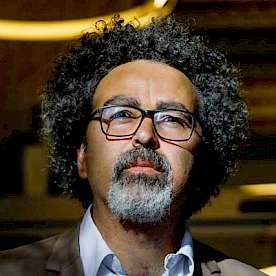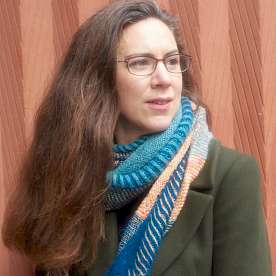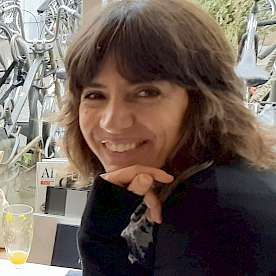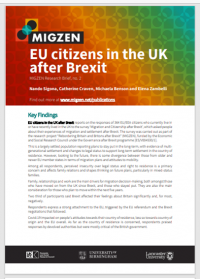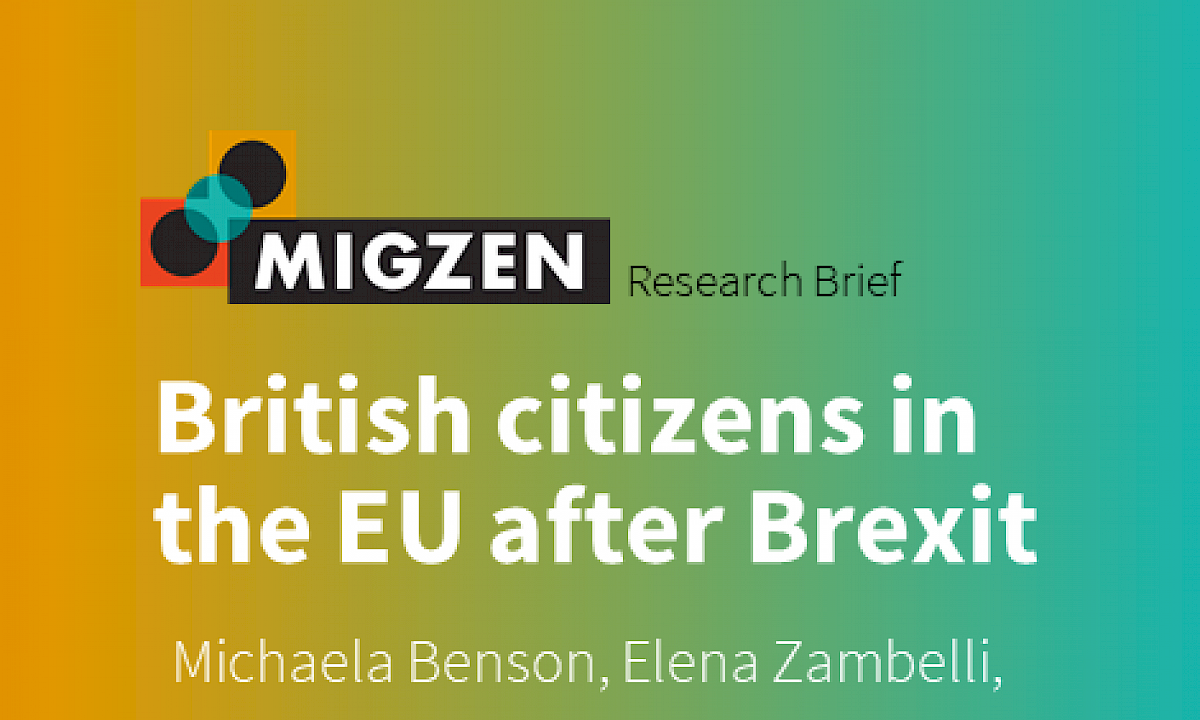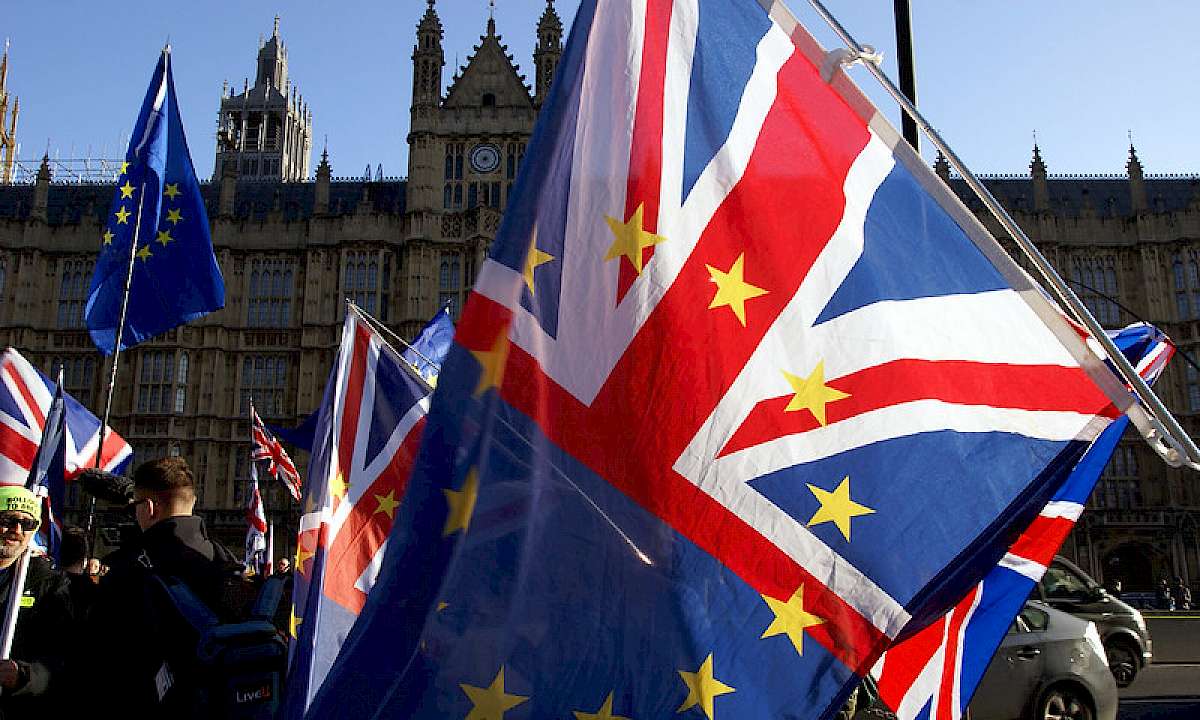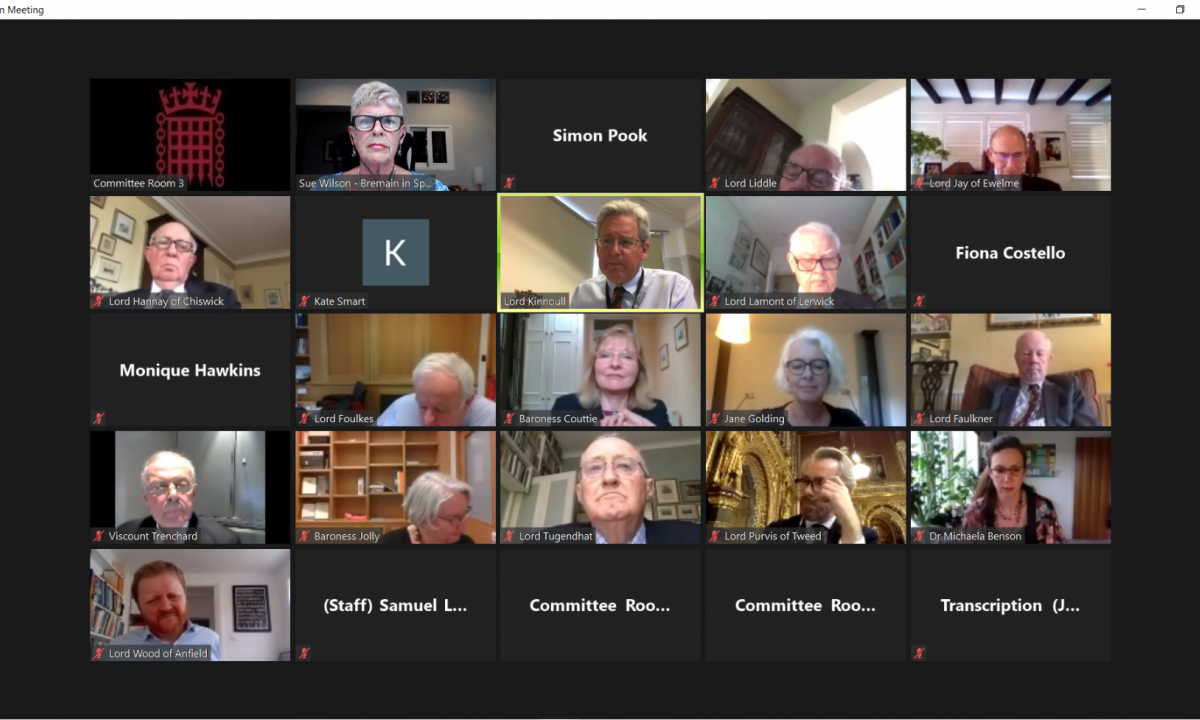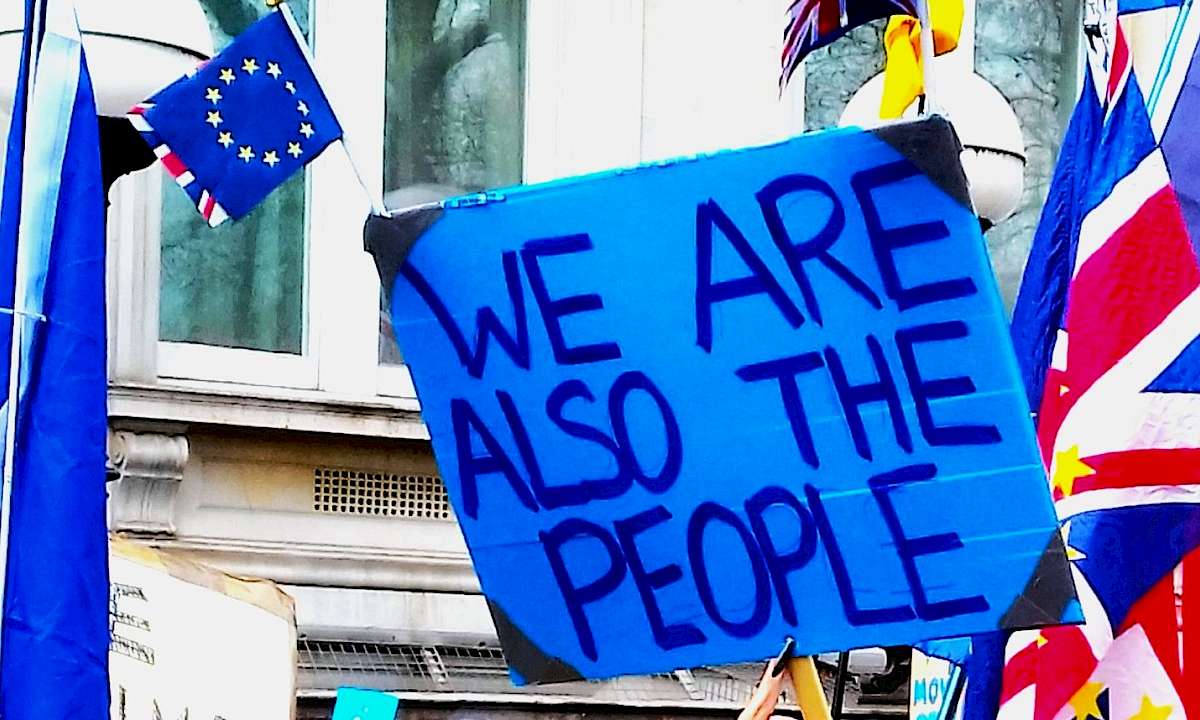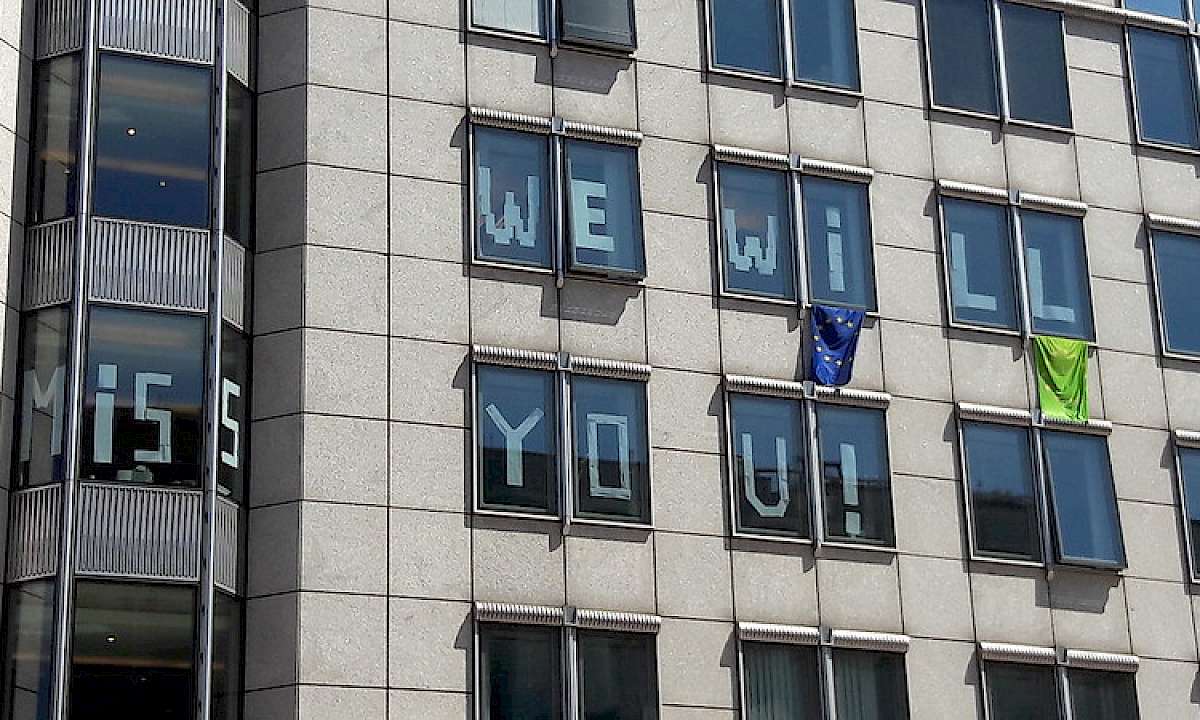
To mark the sixth anniversary of the 2016 EU referendum we are launching today EU citizens in the UK after Brexit, a new MIGZEN Research Brief based on the responses to the MIGZEN survey of 364 EU/EEA citzens who live or have recently lived in the UK.
The survey reveals that Brexit has significantly and, for most, negatively affected how EU citizens feel about Britain, prompting many to question who they are and reconsider their future in the UK. It also prompted a loss of trust towards British institutions and politicians.
It shows that, while the public narrative suggests that Brexit is done and dusted, for EU citizens Brexit is still an open scar. Strong feelings of insecurity, unsettlement and sadness coexist with feelings of home and opportunity, with the former prevailing in England, while more positive feelings are expressed by those living in Scotland and Wales.
Brexit has had a profound and lasting impact on the lives and sense of identity and belonging of EU citizens living in the UK. Rebuilding trust is challenging when the ramifications of Brexit still have such profound consequences of the lives of EU citizens in Britain. A 64-year-old French-born naturalised British female respondent captures a widespread feeling among participants:
I will for ever remember that Thursday in 2016 when I woke up and saw the result. I cried. I had to go to work. I felt betrayed, unheard, uncared for, left to wonder about my life in the UK and what had been the point.
Respondents express a strong sense of attachment to the EU, which for many was triggered by the EU referendum and the Brexit negotiations that followed. A 55-year-old female respondent with dual citizenship says:
I had a vague idea of how the EU worked and what it offered its citizens. I've learnt much more about the EU since 2016 and come to admire the project and its positive impact on EU citizens lives.
The survey shows that this is a largely settled population reporting plans to stay put in the long-term, with evidence of multi-generational settlement and changes to legal status to support long-term settlement in the country of residence. However, looking to the future, there is some divergence between those from older and newer EU member states in terms of migration plans and attitudes to mobility.
Among all respondents, despite the majority having settled status or British citizenship, legal status and right to residence are still primary concerns - affecting family relations and shaping thinking on future plans, particularly in mixed-status families.
Family and relationships are the main drivers for migration decision-making, both amongst those who have moved on from the UK since Brexit and those who stayed put. They are also the main consideration for those planning to move within the next five years.
COVID-19 impacted on people’s attitudes towards their country of residence, less so towards country of origin and the EU overall. Most EU/EEA citizens report that COVID-19 created negative feelings towards the UK (with only a few taking the opposite view) and specifically the UK Government’s pandemic response. However, they praise how devolved authorities have responded to the crisis. A 45-year-old respondent with dual citizenship explains:
My feelings towards Scotland are unchanged, but my view of the UK is more negative due to the incompetence of the UK government in handling the pandemic.
The extensive survey, which included 96 questions, took place between December 2021 and January 2022, a year after the end of the Brexit transition period. It offers insight into a range of issues including migration patterns, residential and nationality status in the country of residence, impacts of Brexit and the pandemic on future plans, family life, political participation in the UK and EU and understanding of identity and belonging.
To cite this blog:
Sigona, N, Craven, C., Benson, M, Zambelli, E (2022) "It is still an open wound": EU citizens in the UK six years after the Brexit referendum. MIGZEN Blog, 23 June 2022.
Download the MIGZEN Research Brief here
Photo credit: Rebecca Harms, 24 June 2016, flickr

